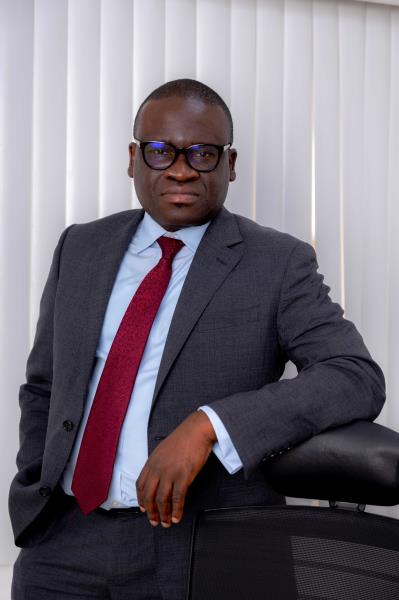05 November 2023
Ajibola Akindele, country president, Nigeria, Schneider Electric West Africa
“When we talk about energy access, we refer to people’s ability to access modern energy services, including electricity, clean cooking facilities, and modern fuels. Energy inaccessibility has significant negative impacts on health, education, and economic development,” said the WEF.
Another important challenge, cited by the event, was the dire need for technology supply and technical know-how in operating the equipment.
Digitisation forms a vital role in in West Africa’s efforts to bolster its economies. Already, digitisation is transforming African retail payment systems, allowing consumers and businesses to save billions in transaction costs, facilitating financial inclusion, and enhancing the efficiency of fiscal and revenue administration.
However, to harness the benefits of digitisation, the region – as emphasised by the WEF summit - must address the provision of basic infrastructure particularly in remote areas. Access to electricity and basic Internet infrastructure are lacking which will have a ripple effect on the adoption of digital solutions.
Furthermore, addressing the basic skills gap is vital. Many people in these remote areas need training to understand these digital solutions, its impact, and how it can benefit their small businesses and local economies.
Promising developments
Despite the abovementioned challenges, there's also some important, encouraging developments. West Africa has a young population; in Nigeria the median age in 17.2 years which gives way to a population that is becoming increasingly tech savvy and digitally proficient.
There's is also strong focus on digital initiatives in the country. The government has established a Ministry of Communications, Innovation and Digital Economy, emphasising the importance of this sector.
Given the country's youthful population, there is also concerted effort to promote digitalisation, increase capacity building, enhance Internet connectivity, and reduce costs in areas where access is less affordable. The government is committed to these goals and is driving this commitment through the Ministry of Communications, Innovation and Digital Economy.
At Schneider Electric we are also doing our part, providing industries with solutions that will accelerate digitisation. We are involved in a multitude of sectors which include building automation and microgrids driving investment in clean energy solutions.
Our support network is vast, with 300 partners in West Africa promoting, distributing, building and integrating our solution throughout the region. We also actively promote training and upskilling of not only our partners but the community through various educational campaigns and initiatives.






